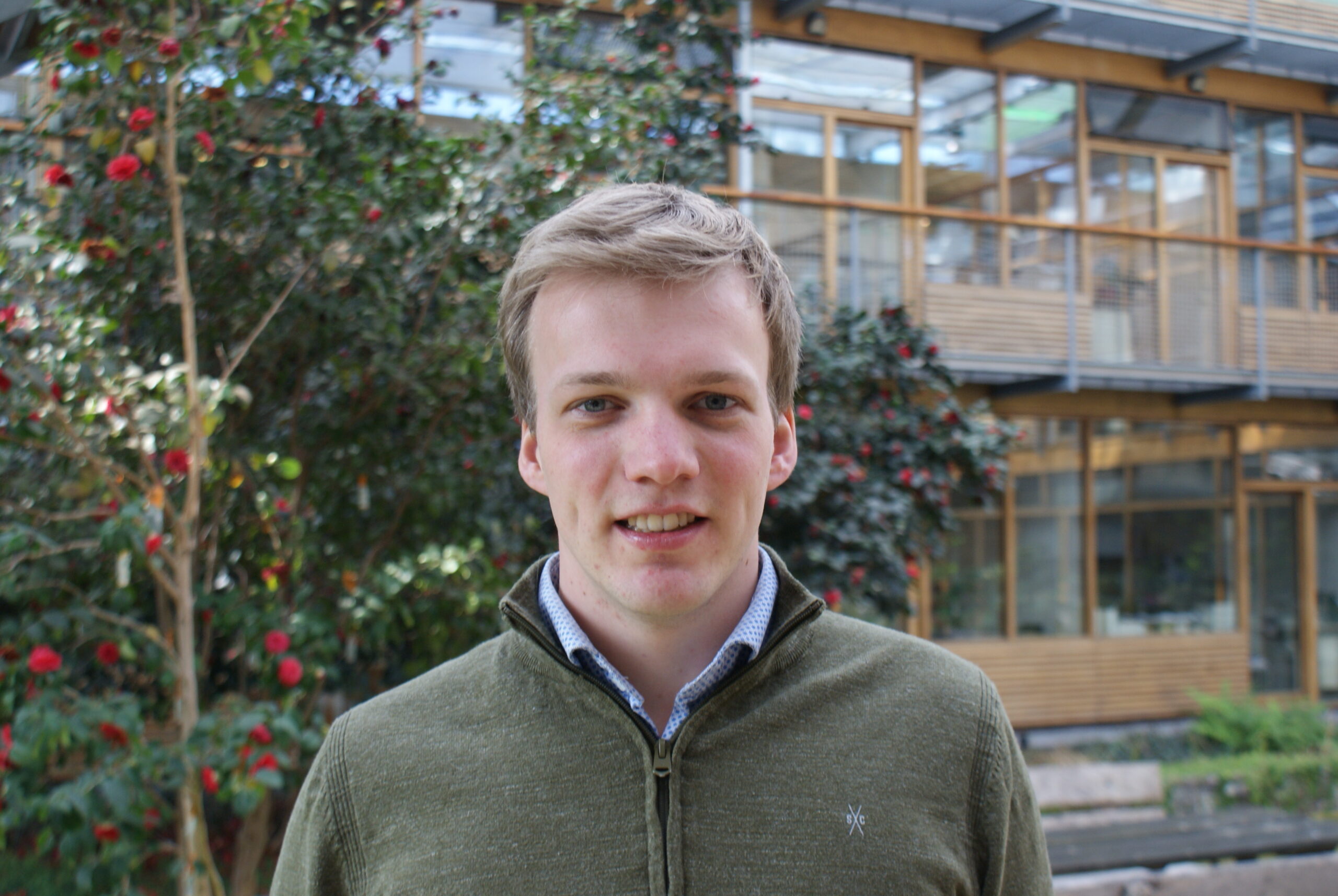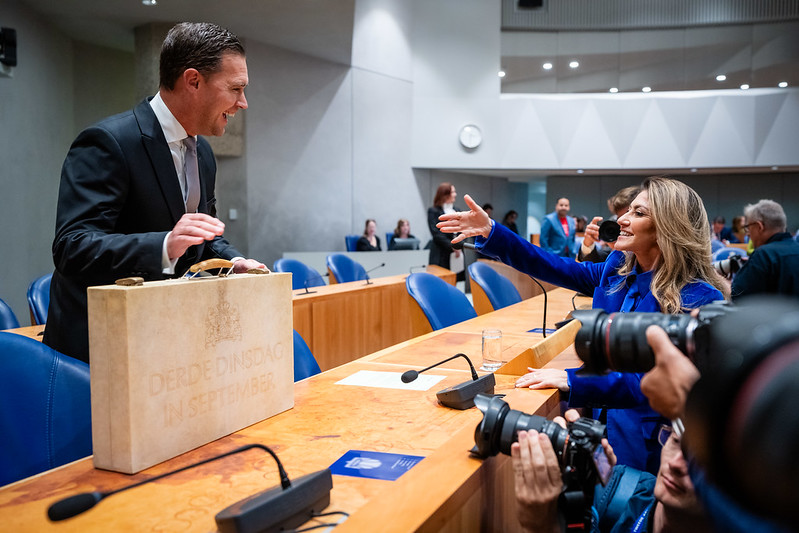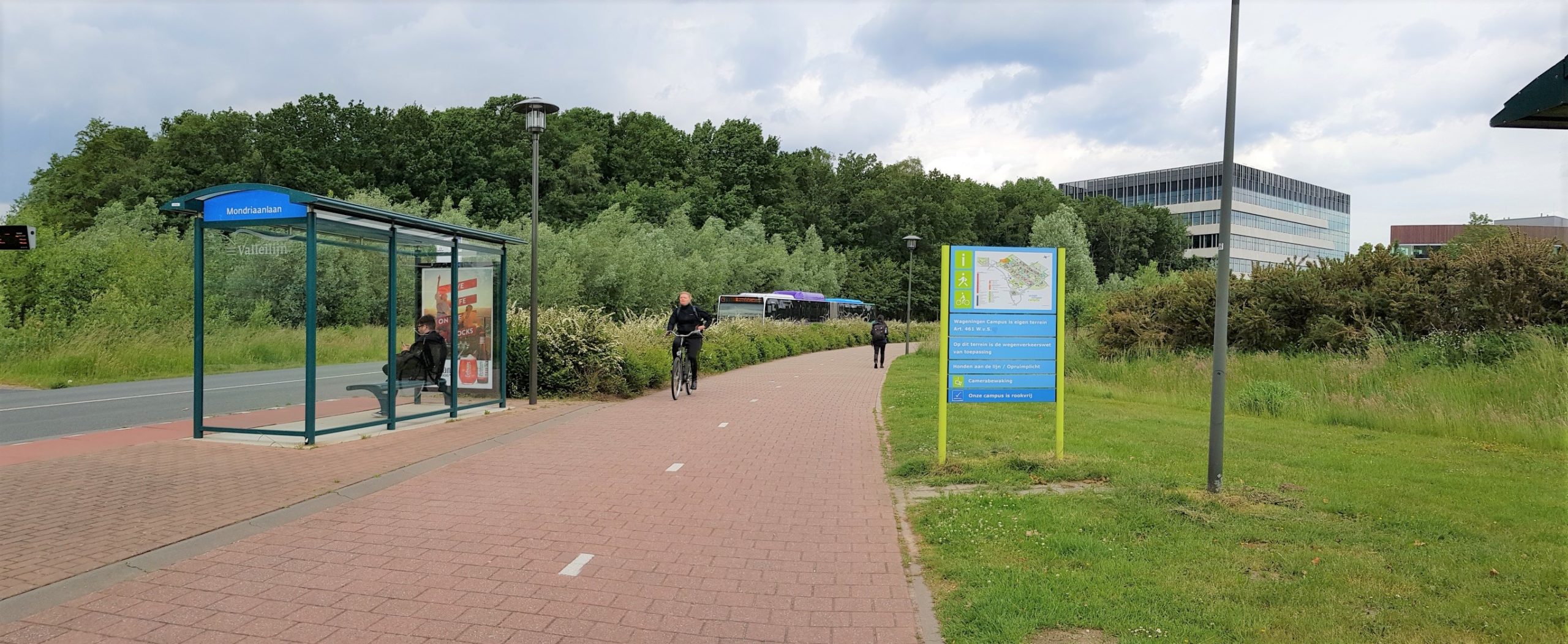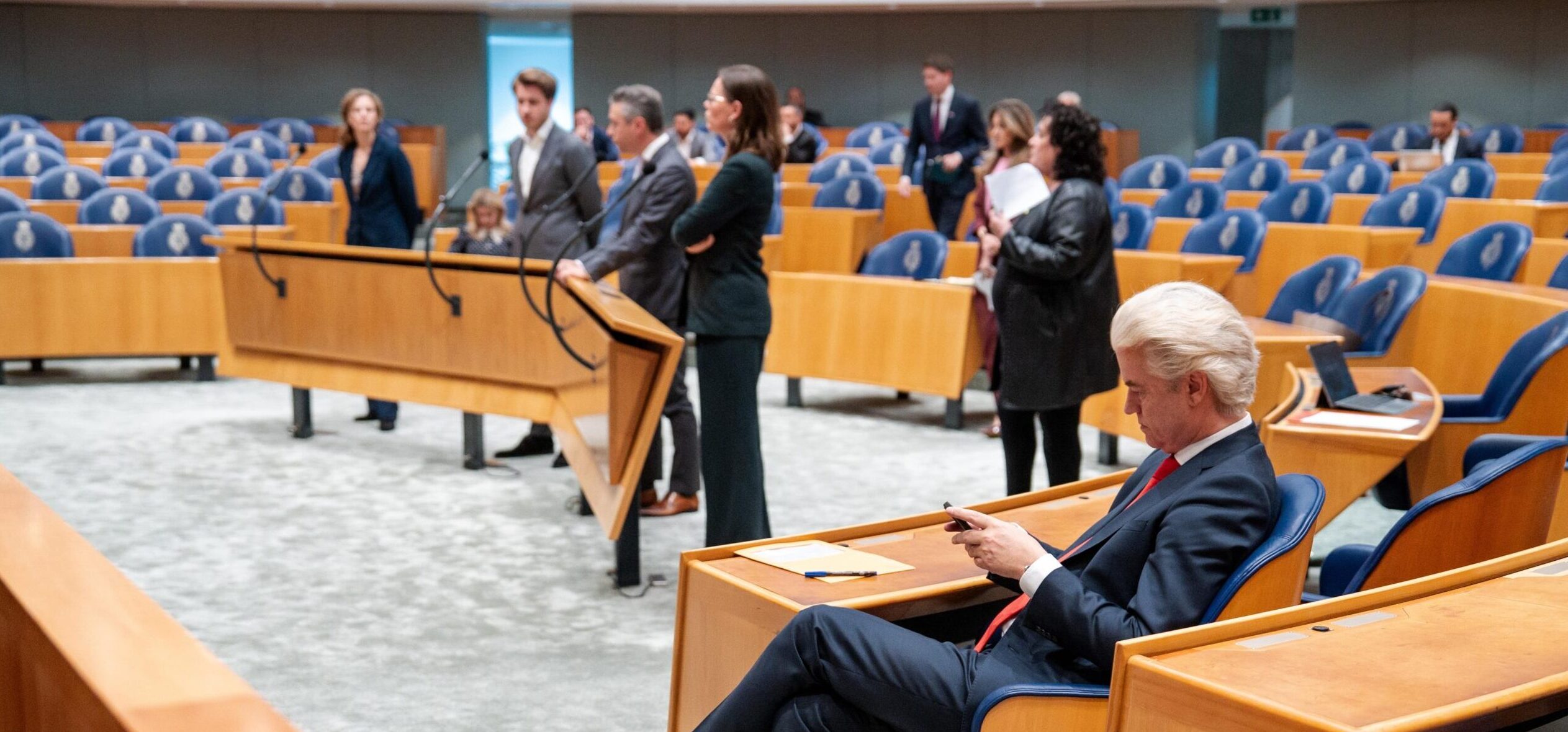Douwe de Jong (26, master’s student of Biosystems Engineering) and Mustafa Agbaria (22, TU Delft student of Electrical Engineering) help design teaching materials on agricultural innovations.
‘Where does our food come from? Why is our agricultural sector so important? And what technical innovations in agriculture enable us to produce food sustainably? These are the questions we want to get middle school students to work on’, says De Jong. He and Agbaria thought of this idea when they started as Technology boosters: a workgroup made up of 4TU-students (from the four technical universities) that focuses on accelerating transitions in the domain of food and agriculture, circular economy, digital security and health care through technological innovations.
Profile choice
Last year’s Tech Boosters investigated what is keeping the agricultural sector from becoming more sustainable faster. One issue was discovered to be a lack of knowledge among consumers about the food supply, De Jong explains. ‘To increase that knowledge, the best place to start is in education.’
Designing an entirely new course is ‘impossible’ for a full-time student and part-time tech booster, so De Jong and Agbaria sought a link with the school subject Nature Life Technology (NLT). This is an optional subject through which secondary scholars can discover what options there are for their future education and careers. Secondary schools that offer NLT may allow their students to select from multiple modules, which will soon include the module Future of Agriculture. That is the module De Jong and Agbaria are currently working on.
Field trips and guest classes
Edgar de Wit is the coordinator of course material at Wageningen Pre-University and, as such, is responsible for the NLT module Future of Agriculture. ‘The profile optional subject is offered by 215 schools’, De Wit explains. ‘We develop course materials for these schools. A trial with the module has already been run at a school, which led to feedback that Douwe and Mustafa can use to further develop the material.’
In addition to processing the feedback, De Jong and Agbaria also want to organise guest classes and field trips to innovative agri-businesses, De Jong says. ‘For example, to places where precision agriculture is practised using drones.’ De Wit: ‘We try to bring the industrial sector, science and schools together so that scholars get a better view of the different career options they have.’
WUR-students are frequently involved in primary and secondary education through Wageningen Pre-University. More information here.

 WUR student Douwe de Jong. Private photograph.
WUR student Douwe de Jong. Private photograph. 

